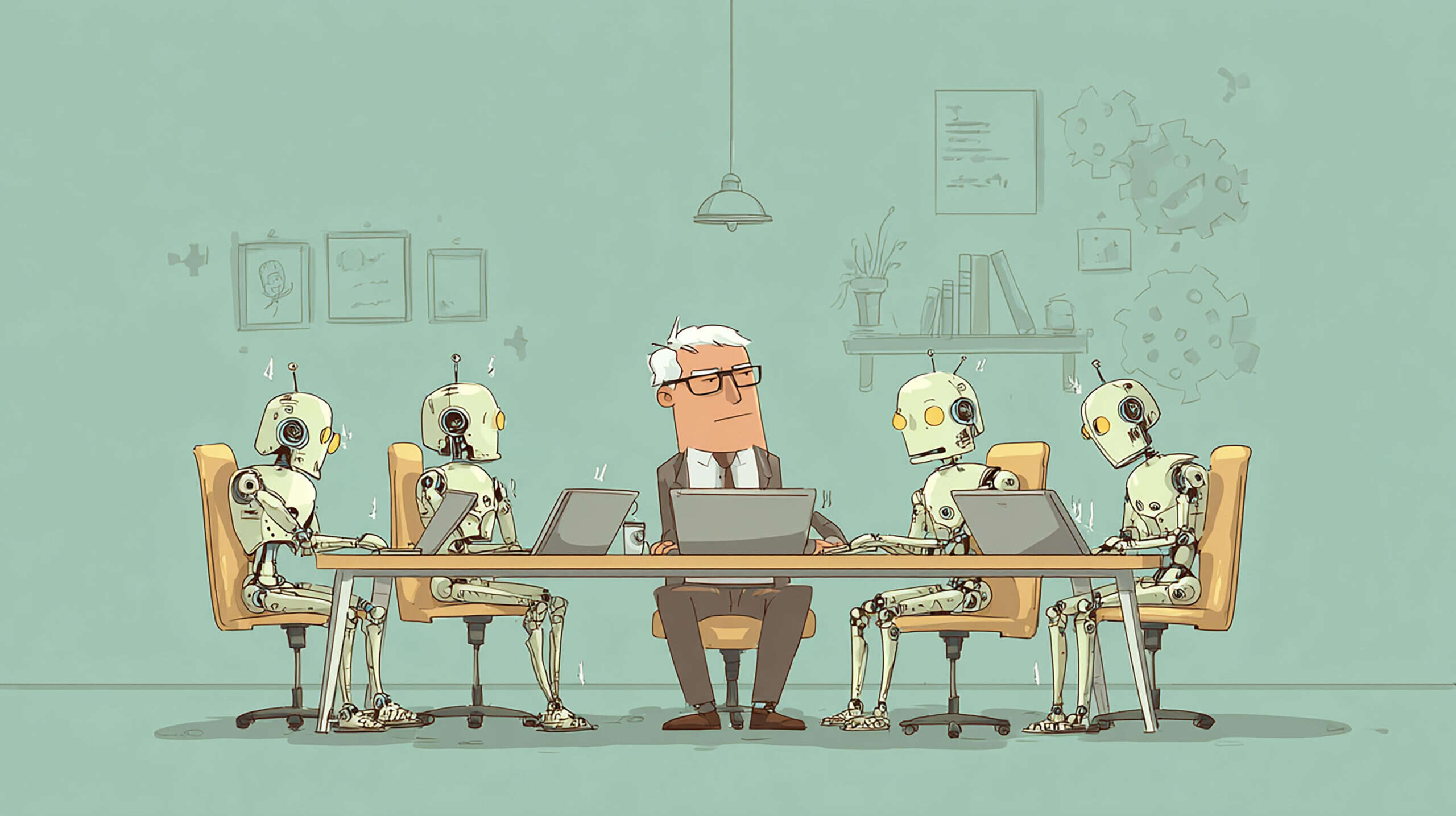TCS layoffs signal AI-driven shift in IT industry
The recent TCS layoffs highlight a broader transformation in the IT sector, driven by AI and automation, with significant implications for workforce strategies and career paths.
The IT sector is undergoing a seismic shift, as evidenced by the recent layoffs at Tata Consultancy Services (TCS), where 12,000 employees were let go. This move reflects a trend across global tech giants like Microsoft, Intel, Meta, and Amazon, all of which have also announced significant workforce reductions. The common thread? AI-driven efficiency gains are reshaping the industry.

The End of the Traditional IT Model
For decades, IT services firms like TCS thrived on a cost-arbitrage model, deploying large teams of coders and consultants at lower costs. However, this model is now in decline. AI is accelerating the shift, enabling smaller teams equipped with AI tools to outperform larger traditional teams. TCS has cited "skill mismatches" and the need to be "future-ready" as reasons for the layoffs, but the underlying driver is clear: AI is replacing repetitive tasks.
The Rise of AI-Native Firms
A new breed of IT firms is emerging—AI-native, lean, and outcome-focused. These companies leverage AI agents like Cursor, Devin, Harvey, and Perplexity to deliver faster, cheaper, and often superior results. This shift is disrupting the linear growth model where more projects meant hiring more people. Now, one human analyst with AI tools can do the work of ten.
Societal and Career Implications
The impact on India’s education and employment landscape is profound. The traditional path of training in STEM skills for stable IT jobs is under threat. However, this disruption also presents opportunities:
- Leapfrog with AI: Mastery of AI tools can fast-track careers, allowing junior employees to take on senior roles.
- Combine Humanities with STEM: Creativity and critical thinking—core humanities skills—are becoming key differentiators in an AI-driven world.
- Entrepreneurship: AI tools make it easier than ever to start a business, enabling "one-person unicorns" with AI agents.
- Diversify Skills: Building a career portfolio with multiple skill sets ensures resilience.
- Personal Branding: Leverage AI to build a personal brand independent of employer identity.
A Call to Adapt
As Microsoft CEO Satya Nadella noted, "AI is not here to replace humans. It is here to remove the barriers that prevent humans from doing their best work." The current crisis is a wake-up call for the IT industry and professionals alike to embrace this transformation.
Related News
AWS extends Bedrock AgentCore Gateway to unify MCP servers for AI agents
AWS announces expanded Amazon Bedrock AgentCore Gateway support for MCP servers, enabling centralized management of AI agent tools across organizations.
CEOs Must Prioritize AI Investment Amid Rapid Change
Forward-thinking CEOs are focusing on AI investment, agile operations, and strategic growth to navigate disruption and lead competitively.
About the Author

Dr. Lisa Kim
AI Ethics Researcher
Leading expert in AI ethics and responsible AI development with 13 years of research experience. Former member of Microsoft AI Ethics Committee, now provides consulting for multiple international AI governance organizations. Regularly contributes AI ethics articles to top-tier journals like Nature and Science.